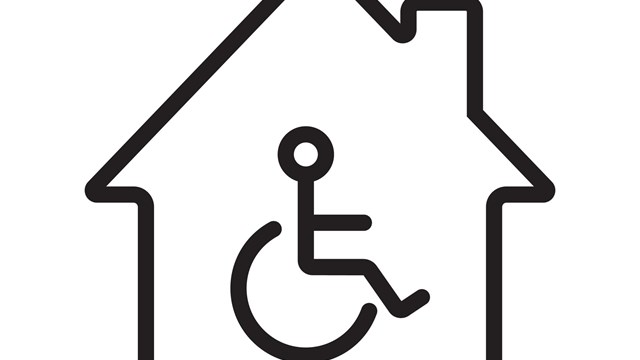— Curious Board Member
Generally, community associations are subject to The Fair Housing Amend-ments Act of 1988 (FHAA). The FHAA protects handicapped residents, which is defined by the law as a physical or mental impairment substantially limiting a major life activity. The FHAA includes a requirement that associations allow reasonable modifications to the existing premises, at the resident's expense, if such modifications may be necessary to afford a handicapped person full enjoyment of the premises. However, an accommodation/modification which materially interferes with or burdens the rights of the other members is not required.
In Thompson v. Westboro Condo-minium Association, decided in 2006, the court held that the FHAA does not require a condominium association to construct a disability access ramp at its expense. In Thompson, a disabled resident requested that the association construct a wheelchair/scooter ramp to permit access. The association agreed that she could install a ramp at her own expense. The court determined that an association is not required to construct new facilities to accommodate a disabled resident. While an association is generally required to permit a disabled member to modify common elements to make them more accessible, it may wish to consider performing and overseeing the construction to ensure modifications are in accordance with the law. However, prior to any action being taken by an association, a written agreement should be obtained. It is important to reiterate that state and local laws vary and may result in a different answer. The association should always consult with their local counsel when questions exist with regard to requests for accommodation.
— Ronald  L. Perl, Esq.







Leave a Comment